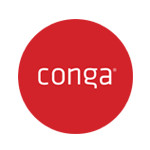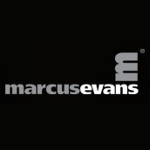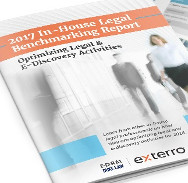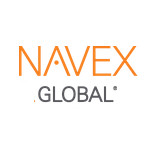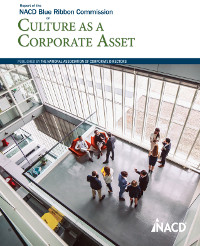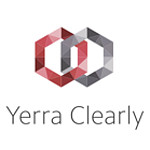Sidley Austin LLP announced that it will add a team of five partners to its Capital Markets and M&A practices, four of whom – David Buck, Jon Daly, Angela Richards and George Vlahakos – will be based in its Houston office, with the remaining partner – Bill Cooper – splitting his time between Houston and Washington, D.C. Buck, Daly, Vlahakos and Cooper will join Sidley November 1, while Richards will follow in early December.
“David, Bill, John, Angela and George are widely known in the energy sector and recognized for their experience and industry insights,” said Kevin Lewis, co-managing partner of Sidley’s Houston office. “For the past two decades they have been advising energy companies, investment banks, funds and others on complex and innovative transactions, including for master limited partnerships. Their coveted MLP capital markets and tax work will be an important addition to our office, and together with their broader capital markets and M&A capabilities will complement Sidley’s formidable, globally recognized capital markets and M&A practices.”
Their arrival is coming on the heels of several other energy partners that have recently joined Sidley, including David Asmus, Brian Bradshaw and Brian Minyard in Houston, and Emily Pitlick Mallen in Washington, D.C.
The firm provides the following biographical information for each of the new partners:
David Buck – Buck is a senior capital markets and M&A partner with a distinguished corporate and securities law practice emphasizing transactional and governance matters. His corporate finance practice includes representing both issuers and investment banks in initial public, private equity and debt offerings. He has particular industry experience with domestic and international energy, including oil and gas exploration and production, midstream, offshore drilling, seismic and other energy services. Buck advises special committees and financial advisers concerning merger and acquisition transactions, joint ventures and private equity investments. Additionally, Buck regularly counsels public clients regarding compliance with periodic reporting, proxy solicitation, corporate governance matters and other requirements of the federal securities laws, the New York Stock Exchange, the NASDAQ Stock Market and other exchange rules.
Bill Cooper – Cooper concentrates his practice on complex capital markets transactions representing both issuers and underwriters on initial public offerings (IPOs), follow-on equity offerings, traditional private placements, Rule 144A offerings and private investments in public equity. He has substantial experience with master limited partnerships (MLPs), including private formation transactions, IPOs, sponsor drop-down transactions and conflicts committee representation.
Jon Daly – Daly focuses his practice on corporate and securities law. He represents public and private companies, MLPs and investment banks in all forms of capital raising transactions, including IPOs, registered offerings of equity and debt securities, as well as private placements of equity and debt securities. In addition, he advises on corporate governance matters, periodic reporting and other requirements of federal securities laws, and the requirements of the New York Stock Exchange and the NASDAQ Stock Market.
Angela Richards – Richards advises clients in the energy sector on various federal income tax matters, particularly on domestic business transaction planning. She counsels MLPs on mergers and acquisitions, capital formation, acquisition and recapitalization issues. She has also served as tax counsel to both issuers and underwriters in connection with numerous MLPs, IPOs and follow-on offerings.
George Vlahakos – Vlahakos has experience in a broad range of transactional and corporate governance matters. His practice includes representing public and private entities, investment banks and private equity firms in connection with IPOs, mergers and acquisitions, private equity investments and registered offerings, as well as private placements of equity and debt securities. He also counsels MLPs and clients across the energy value chain, including those engaged in upstream, midstream, downstream and oilfield service-related matters.
Join Our LinkedIn Group



